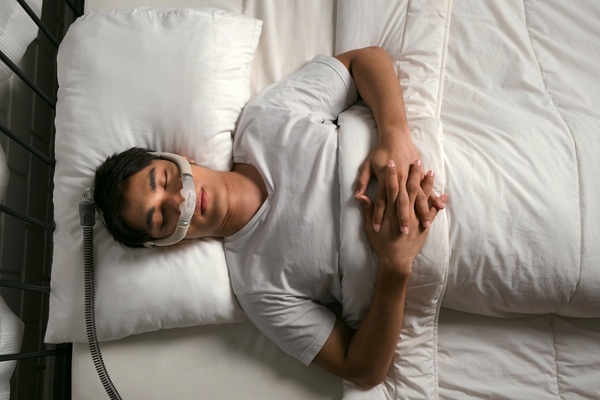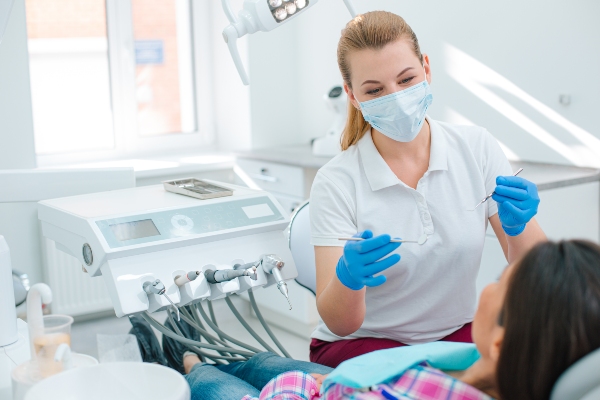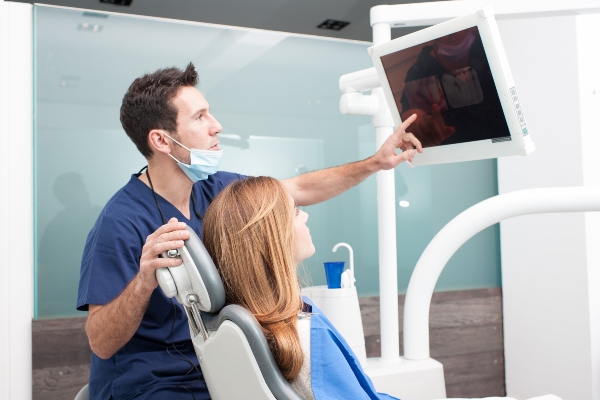Understanding Sleep Apnea: Causes, Symptoms, and Treatment Options

Sleep apnea is a sleep disorder that causes breathing interruptions during sleep. This condition can reduce your oxygen levels and disrupt your natural sleeping patterns. If left untreated, sleep apnea can lead to serious health problems, such as constant fatigue and irregular heart rhythms. If you have been experiencing symptoms of sleep apnea, it is important to get a professional diagnosis and treatment plan as soon as possible to improve your sleep and overall health.
Causes of sleep apnea
Several factors contribute to an individual developing sleep apnea. The most common type, obstructive sleep apnea (OSA), occurs when the muscles at the back of the throat relax too much. This can then block the person's airway. Central sleep apnea (CSA) is a less common form of sleep apnea. It is often caused by a failure of the brain to send proper signals to the muscles controlling the person's breathing.
Factors that increase the risk of sleep apnea include:
- Family history
- Heart disease or failure
- Stroke
- High blood pressure
- Large tonsils
- Nasal congestion
- Smoking
- Being overweight or obese
The risk of developing sleep apnea increases as people age. Males are more likely to be diagnosed with this condition before the age of 50.
Symptoms of sleep apnea
When a person or their sleeping partner can recognize the symptoms of sleep apnea, they can get the diagnosis and treatment they need. Common symptoms of sleep apnea include:
- Waking up repeatedly in the middle of the night
- Breathing pauses while asleep
- Unusual sleeping patterns
- Loud Snoring
- Choking or gasping while asleep
- Feeling short of breath after waking up
- Daytime fatigue, sleepiness, or exhaustion
Individuals may also have difficulty concentrating, headaches after waking up, or feel more irritable. In severe cases, sleep apnea can lead to high blood pressure and an increased risk of cardiovascular events and fatigue-induced accidents.
How a general dentist can diagnose sleep apnea
A general dentist plays an important role in identifying and treating sleep apnea. The diagnosis starts with the dentist carefully examining the patient's list of symptoms and medical history. They may recommend a sleep study to check breathing patterns, oxygen levels, and sleep quality. After reviewing the results, the dentist can develop an appropriate treatment plan.
Treatment options for sleep apnea
Effective management of sleep apnea involves lifestyle changes, medical devices, and, in some cases, surgical interventions. However, it is important to remember that there is no one-size-fits-all approach to sleep apnea. Each treatment plan will depend on the severity and underlying cause(s) of the patient's condition.
Lifestyle changes
For mild cases of sleep apnea, lifestyle changes may provide significant relief. Weight loss, regular exercise, and avoiding alcohol and sedatives before bedtime can reduce airway obstruction. Sleeping on their side instead of the back can also prevent the patient's tongue and soft tissues from collapsing into the airway.
Oral appliance therapy
The general dentist may prescribe an oral appliance to treat OSA. These custom-made devices help keep the patient's airway open by repositioning their lower jaw and tongue. Oral appliances are particularly effective for individuals with mild to moderate OSA. They also offer a non-invasive alternative to continuous positive airway pressure (CPAP) therapy.
CPAP therapy
CPAP therapy remains the most effective treatment for moderate to severe cases of sleep apnea. This device delivers a continuous stream of air through a mask, preventing the collapse of the patient's airway while they sleep. Although CPAP therapy requires consistent use and adjustment, it significantly improves sleep quality and overall health outcomes.
Those who have issues with CPAP therapy may be able to use a different type of airway pressure device. This device, known as an auto-CPAP, automatically adjusts the pressure while they are sleeping. Units that supply bilevel positive airway pressure (BPAP) also are available. These provide more pressure when inhaling and less when exhaling.
Surgical treatment
In cases where the non- or minimally-invasive treatments prove ineffective, patients may need to consider surgical options to treat their sleep apnea. Procedures such as tissue removal (uvulopalatopharyngoplasty), tissue shrinkage, or jaw repositioning (maxillomandibular advancement) can help enlarge the airway. Additionally, patients may benefit from other types of surgery that may help reduce snoring and other symptoms of sleep apnea, including tonsil or adenoid removal and bariatric surgery. However, it is important to note that surgical procedures are typically reserved for individuals with anatomical abnormalities contributing to airway obstruction.
The Founders Dental is here to help
Sleep apnea is a complex but treatable condition that requires early diagnosis and treatment to prevent future health complications. The Founders Dental team is here to help you reclaim your sleep and improve your overall health. Call our Castle Rock office to learn more or to schedule a consultation.
Request an appointment here: https://www.foundersdental.com or call Founders Dental at (720) 893-7362 for an appointment in our Castle Rock office.
Check out what others are saying about our dental services on Yelp: Sleep Apnea in Castle Rock, CO.
Recent Posts
You probably have heard about sleep apnea, but there may be aspects of this condition that you do not understand. It can be a serious problem and may affect your overall health if you do not treat it. Many people who struggle with it may search for answers from a general physician. While this can…
If you are struggling with sleep apnea, you need to address the condition right away. This is not an issue that will generally go away on its own. It is also a serious problem that can lead to severe health challenges. Luckily, your dentist is a good resource to turn to for help. Your dentist…
Obstructive sleep apnea is the most common form of apnea and causes the upper airways to become partially or completely blocked during sleep. During an episode, the pressure to open the airway increases and causes the chest muscles to work harder. When breathing resumes, it may cause the person's body to jerk, which leads to…
Sleep apnea affects tens of millions of American adults. Without an effective treatment solution, obstructive sleep apnea can cause symptoms that affect the patient negatively at night and throughout each day. The good news is that there are effective treatment solutions for sleep apnea. In this review, we discuss the most popular options from a…


